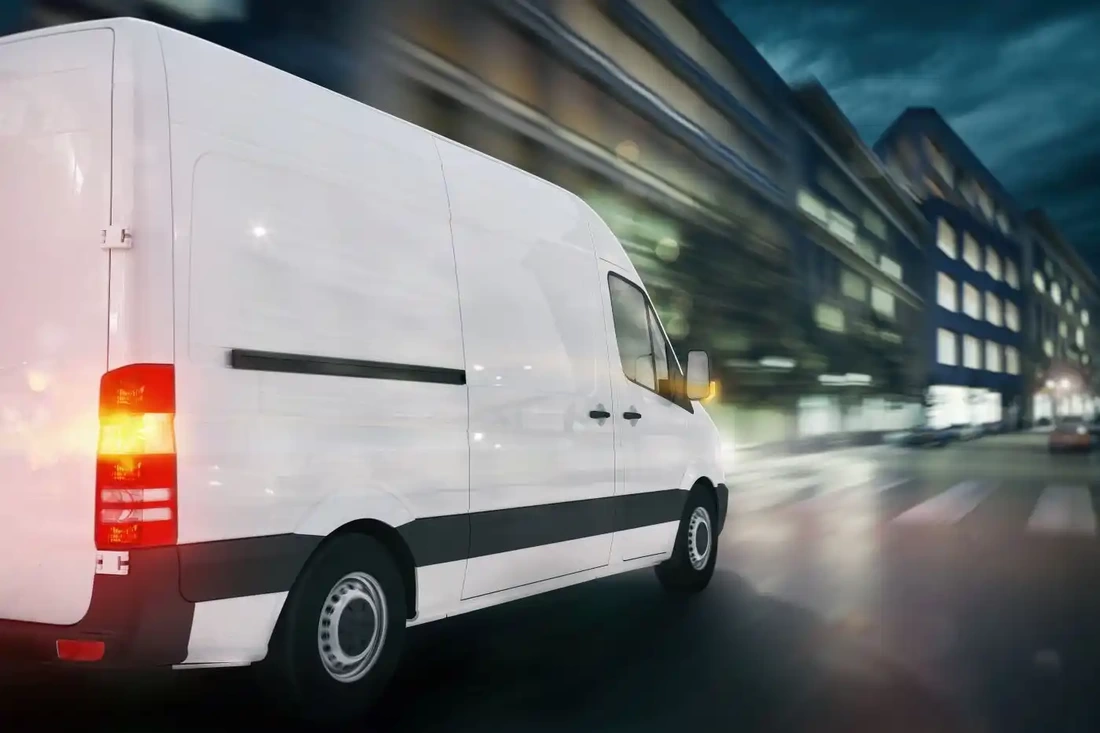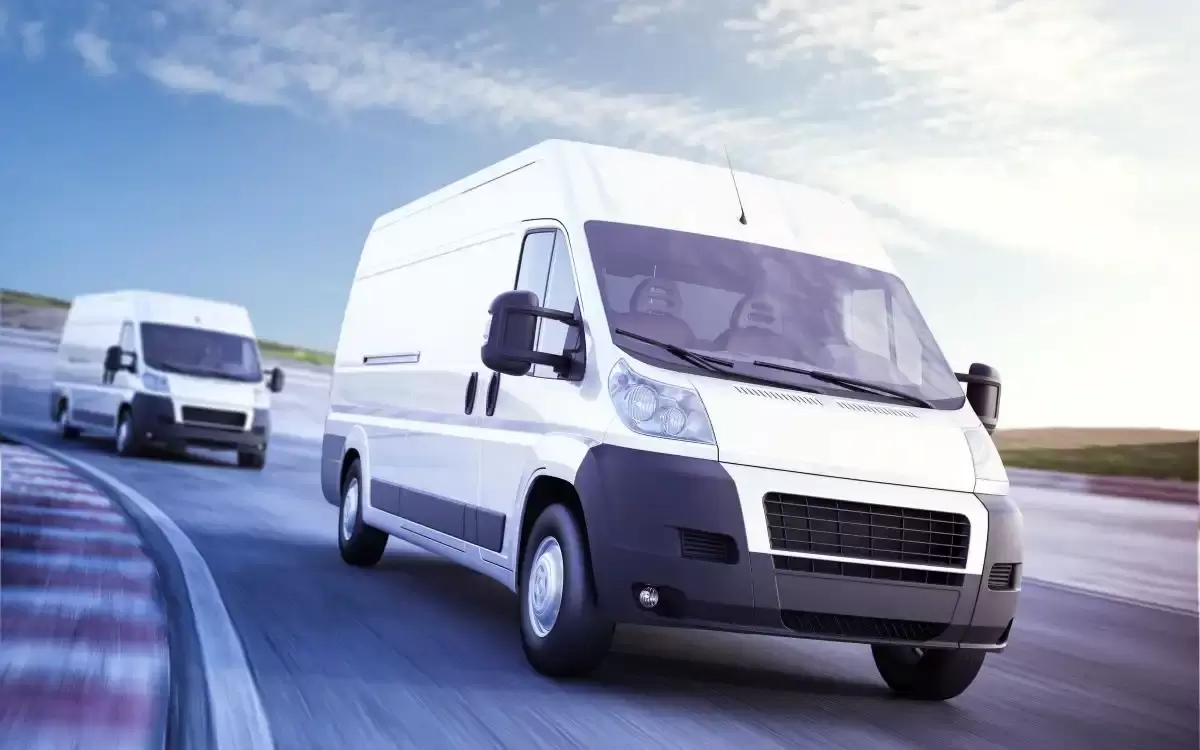Business van insurance – what you need to consider
Save £££ on your van insurance |
|
Deciding on insurance cover for your business van is a crucial commercial decision for your business – in fact, if your van is the lifeblood of your business and the worst happens and you need to make a claim, it could turn out to be THE most important decision.
What then are the key factors you need to think about? Remember that insuring your commercial van is not just a matter of protecting your business asset, it’s also a legal requirement. If you’re running a small business, your van is probably your most important business tool, so trying to do things on the cheap, regardless of your actual insurance requirements, is always going to be a bad idea. This means that, while price will definitely be a priority, it should not be your only consideration. Getting the right cover should be your main priority (you can compare van insurance deals using our free tool). |
|
|
Get inappropriate insurance or under-insure and the cheap price you paid could turn out to be a massively false economy.
1) Consider what it would mean to your business if your van were off the road for any reason and then start your hunt for the best insurance with that in mind. 2) Make a realistic assessment of not only what your van is worth, but also what it would cost to repair. This is going to help you to determine the kind of level of cover you’ll need. 3) You also need to take into account what your van will be carrying because this could make a radical difference to the level of cover you’ll need. You may even need specialist cover. Consider these questions: * Will you be using the van to carry passengers? * Will you be carrying tools, or goods or other expensive equipment? If so, check that any policy covers theft from your vehicle. * Would you need a replacement vehicle in the event that yours is off the road? |
|
|
The general principle is to ensure that you make it perfectly clear to the insurer exactly what you’ll be using the van for and what you’ll be carrying in it.
Also spell out what your needs are. A good insurer will then be able to guide you as to what type and what level of cover you need. You don’t need a specialist business insurer, but you do need one that will take the time to listen and what are your insurance needs and who is prepared to advise. Other points to consider and ask about are the security of your van; adding extra levels of security (or not having adequate levels) may affect your premium – so make sure you’re clear what the minimum-security requirements are. Again, a good insurer will readily advise you of this. Always focus on price, of course, but not to the exclusion of choosing an insurer with specialist knowledge, a sound reputation and one that has the time to talk to you about your needs. And, remember, if you haven’t bought your business van yet, it’s worth calculating insurance costs before you do so. The same goes, just as importantly, for running costs. These days, the lion’s share of running costs is taken up by the price of fuel. Whereas diesel might have been the best choice not long ago for the durability of a diesel engine, now, because diesel is being phased out, you might want to look again at petrol. The government’s business link website has an excellent tool for any business looking into which van they should buy. Not only does the Van Fuel Data service from the Vehicle Certification Agency (VCA) allow you to check fuel consumption, but also emissions for any new van on sale in the UK. From the home page it’s possible to search all vehicles or search by vehicle type. And you can filter according to make, model, fuel type, fuel consumption, C02 emissions, and transmission type. |
|
You could save up to £333 on your van insurance |




